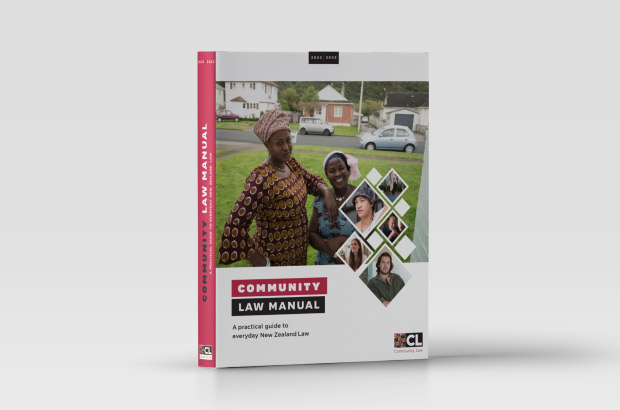Making a claim and dealing with ACC
Your rights when dealing with ACC
Accident Compensation Act 2001, ss 39–47
The Code of ACC Claimants’ Rights explains how ACC works with people who make claims. The Code is intended to foster positive relationships between you and ACC. It gives you rights and describes the responsibilities of ACC.
Note: The Code is concerned with how a claimant is treated by ACC. It does not deal with entitlement. If you have a concern about an ACC decision regarding cover or entitlement, you must use the review processes available for challenging an ACC decision (see: “Challenging an ACC decision”).
What rights do you have under the code?
You have the right to:
- be treated with dignity and respect
- be treated fairly and have your views considered
- have your culture, values, and beliefs respected
- have a support person or people
- effective communication
- be fully informed
- have your privacy respected
- complain if ACC breaches your rights under the Code.
How can you make a complaint under the code?
If you think that your rights under the code have been breached, or you have some other complaint about the way you have been treated by ACC, you can either:
- raise the problem at a local level with the person you have been dealing with at ACC, or with that person’s manager, or
- lodge a complaint with ACC‘s complaints service, the Office of the Complaints Investigator. This must be done using the ACC‘s own ACC Code Complaint Form. It does not cost anything to make a complaint.
What can the Office of the Complaints Investigator do?
The Office of the Complaints Investigator is part of ACC, but it has to investigate complaints and help resolve them impartially and independently. Once the Office has finished investigating a complaint, it will provide a written decision. It will give reasons for its decision and describe any action it intends to take.
The Office of the Complaints Investigator can tell ACC to do certain things, including:
- apologise to you
- meet with you so that you can put forward your views
- provide you with relevant information
- provide interpreting services.
The Office of the Complaints Investigator can also recommend “other remedial actions,” for example recommending to ACC that it change its decision.
What if you don’t agree with the decision of the Office of The Complaints Investigator?
If you disagree with the Office of the Complaints Investigator’s decision, you can request a review of the decision by an external reviewer, using the same procedure that applies to ACC decisions on claims (see: “Challenging an ACC decision”).
Note: Unlike other external review decisions, an external reviewer’s decision about an alleged breach of the Code of ACC Claimants’ Rights cannot be appealed to the District Court.


